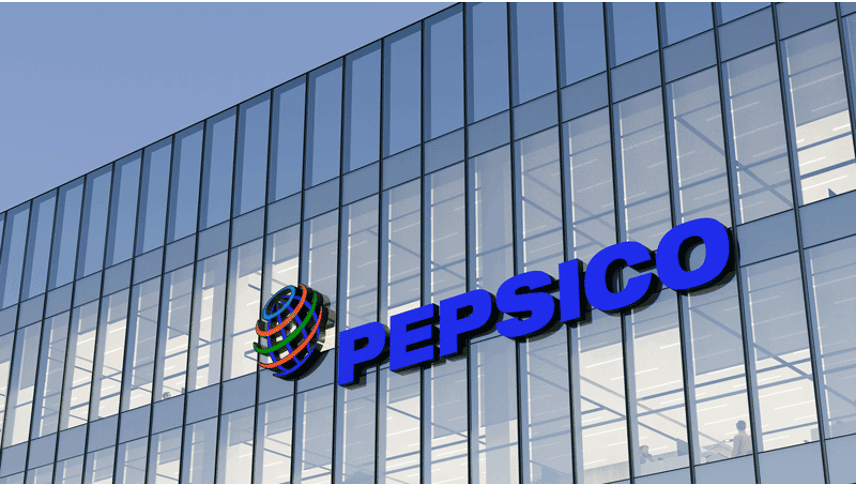Register for free and continue reading
Join our growing army of changemakers and get unlimited access to our premium content

Planet Tracker’s analysis of the Climate Action 100+ member company has found the food and beverage giant has failed to disclose the material financial impact associated with potential carbon pricing mechanisms linked to its Scope 3 (indirect) emissions, despite these emissions accounting for more than 90% of the company’s total footprint.
The report also stated that, unless future emissions are mitigated, PepsiCo will miss its science-based targets (SBTs) by 58%.
Under the Science-Based Targets initiative’s framework, PepsiCo is committed to ambitious goals including reaching net zero by 2040, a decade before the Paris Agreement deadline, and aligning with a 1.5C pathway by 2030.
PepsiCo’s greenhouse gas emissions, according to Planet Tracker’s research, grew historically ( between 2019 to 2021) at an average annual rate of 7.2%, while the company’s revenue increased at a compound annual growth rate of 8.8%.
Taking this efficiency improvement into consideration and assuming a long-term revenue growth of 4.8%, PepsiCo’s Scope 1, 2 and 3 emissions would decline by 14% compared to the 2021 level, while the SBT recommends a 45% reduction versus the 2021 baseline. This implies the company aligns with a 2C pathway by 2030 – instead of the 1.5C pathway it touts.
Planet Tracker’s research analyst Ion Visinovschi said: “The potential climate-related financial risk PepsiCo is exposed to is too high to ignore. Expected carbon pricing mechanisms could reduce its annual operating profit by 26% by the end of the decade, with an additional 16% reduction coming from physical risk.
“Investors and lenders should demand a credible climate transition plan where the risk of its main source of emissions is publicly quantified and the expected mitigation quantities and required investment for the mitigation is fully disclosed.”
Despite its ambitions to reach net-zero by 2040, PepsiCo lacks a roadmap, Planet Tracker has pointed out.
Additionally, its disclosed investment only covers a quarter of the gap between its trend of emissions and the SBTs’ recommended level. This makes it unclear whether the company will achieve its targets on time.
Planet Tracker has concluded that, by 2030, PepsiCo will be exposed to climate-related risks which could result in up to $4.4bn of costs and damages each year.
The Climate Transition Analysis of PepsiCo is the fourth in a series examining the climate transition plans of the consumer goods companies in the Climate Action 100+ list. Planet Tracker’s research into PepsiCo follows an analysis of rival Coca-Cola, whose emissions trajectory was also found to be at odds with a 1.5C pathway.
PepsiCo’s response
PepsiCo has refuted Planet Tracker’s claims that it does not have a credible climate transition plan. A spokesperson said: “We have published an in-depth Climate Action Strategy identifying the key levers we intend to pull in an effort to achieve our climate reduction ambitions, and we are making progress towards our 2030 and net-zero goals.”
The spokesperson also noted the steps PepsiCo has taken so far to improve climate reporting and measure and manage climate-related risks. She said: “PepsiCo aims to provide transparent reporting around our climate-related disclosures. We compile our greenhouse gas emissions data according to the Greenhouse Gas Protocol, a well-respected international standard for carbon accounting, and disclose it in line with major reporting frameworks, including the Task Force on Climate-related Financial Disclosures (TCFD).
“In 2021, our emissions across Scopes 1 and 2 and a majority of emissions across Scope 3 were externally assured by a third-party auditor, and we have received an A or A- on our CDP Climate Change Questionnaire submission each year since 2017.
“As of 2021, we reduced our Scope 1 and 2 emissions by 25%, against a 2015 baseline, and because we recognize that mitigating Scope 3 emissions is not a quick solve and is a challenge for all businesses, we are providing support to our value chain partners to help them with their climate transition.”


Please login or Register to leave a comment.